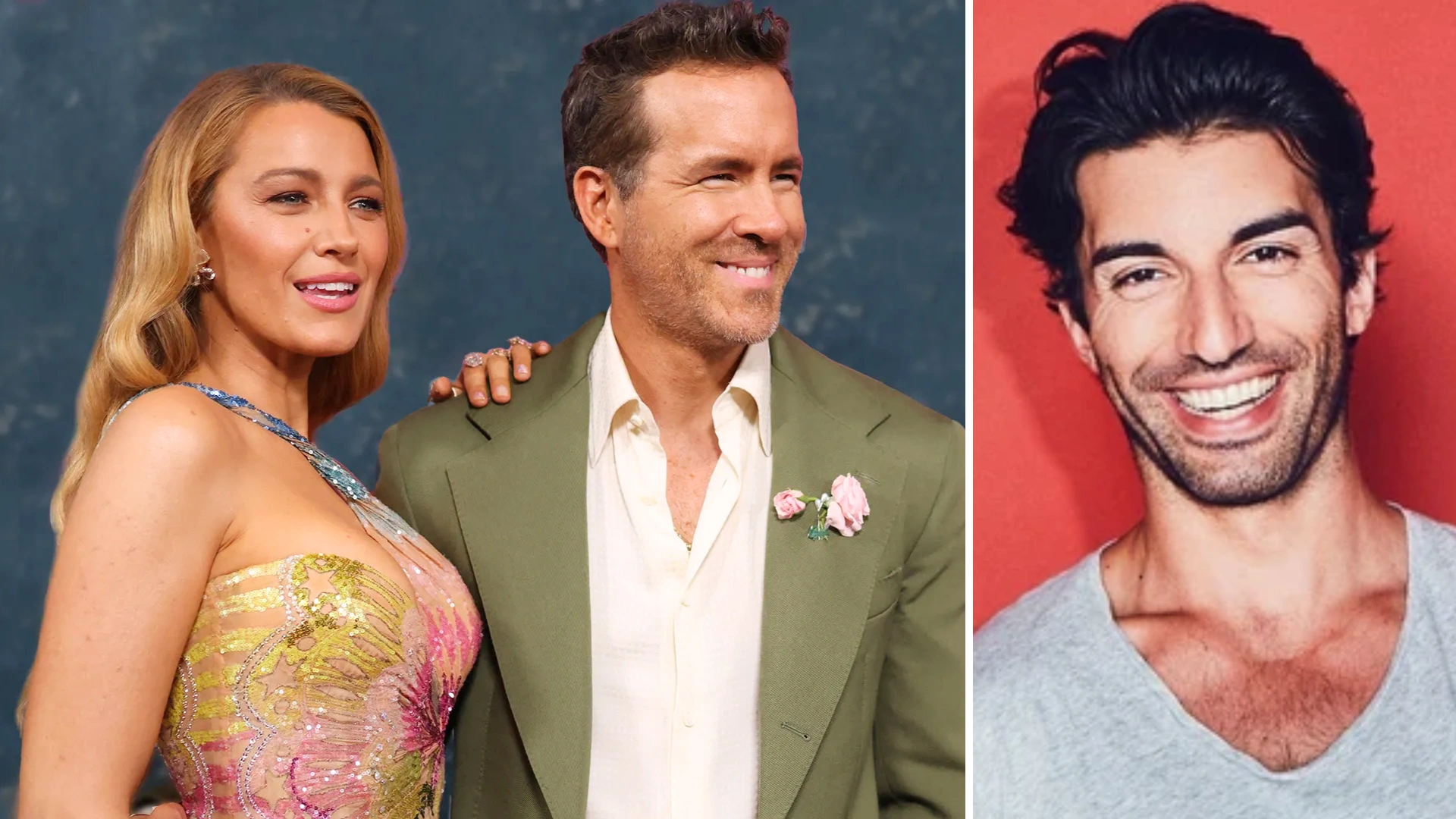Donald Trump has selected GOP Representative Elise Stefanik as his nominee for the US envoy to the United Nations.
The decision to choose Stefanik follows Trump’s statement that he would not be inviting Nikki Haley back to the role. In response, Haley congratulated Trump but did not comment on her exclusion.
Differences between Trump and Nikki Haley?
Haley had previously served as the US ambassador to the UN during Trump’s first term. A former governor of South Carolina, she had run against Trump in the Republican primary, ultimately being the last to withdraw from the race. In a previous Wall Street Journal article, Haley had expressed that while she did not agree with Trump all the time, she aligned with him on most issues, contrasting that with her near-total disagreement with Vice President Kamala Harris.
Haley had notably supported US aid to Ukraine, which Trump opposed, and had criticized him for alienating women and minorities through his controversial remarks. During her campaign, she even accused Trump of being a “chicken” for avoiding debates.
Who is Elise Stefanik?
As for Elise Stefanik, she currently serves as the House Republican Conference chair and is known as one of the GOP’s leading fundraisers. She has been a staunch supporter of Trump, especially regarding his unfounded claims of election fraud following his 2020 loss to Joe Biden. Leading up to the 2024 presidential election, Stefanik was considered one of the potential picks for Trump’s vice-presidential running mate. She is also a member of the House Intelligence Committee.
Stefanik was one of the most critical questioners of the three college presidents who testified before the House Committee on Education and the Workforce in December. The testimony focused on how these presidents were addressing antisemitic incidents on their campuses following the October 7 terrorist attack by Hamas on Israel.
Antisemitism and Elise Stefanik?
Many Republican lawmakers argued that the presidents were not doing enough to combat and condemn anti-Jewish sentiments.
The panel heard from Claudine Gay of Harvard University, Liz Magill of the University of Pennsylvania, and Sally Kornbluth of the Massachusetts Institute of Technology. The presidents expressed their strong opposition to antisemitic language while also emphasizing the importance of protecting free speech.
Read More: ‘No Sex, No Dating, No marriage,’: 4B Movement Gaining Ground After Trump’s Win

















